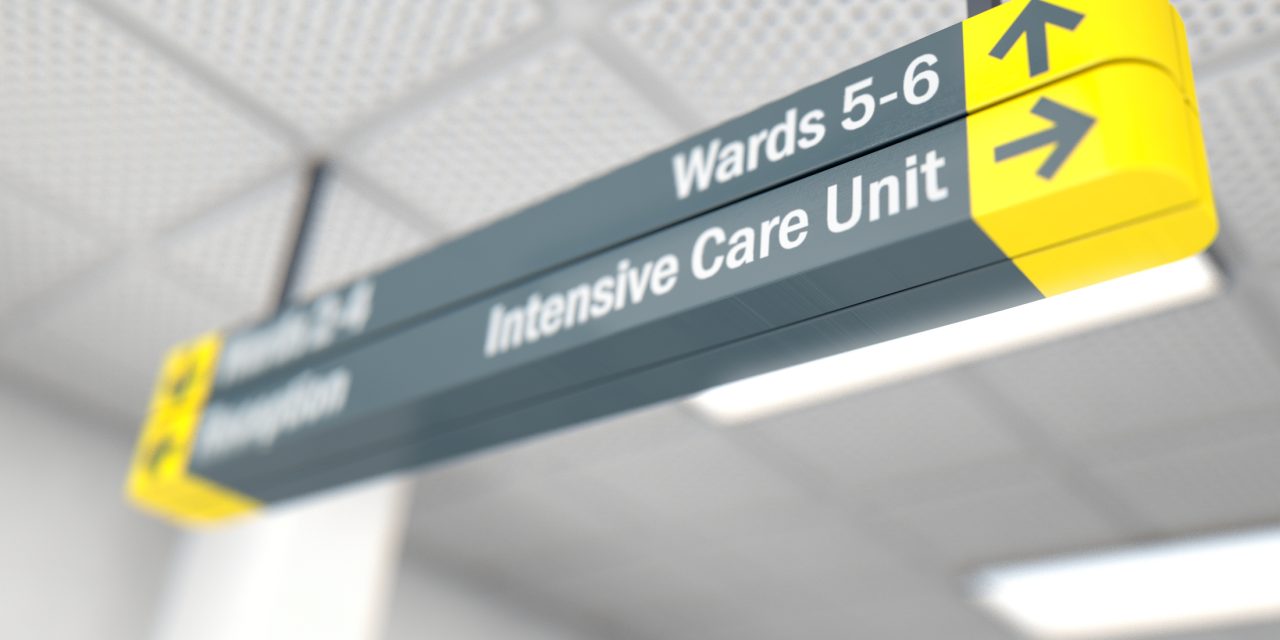Patients with severe infections and especially sepsis have a high in-hospital mortality, but even hospital survivors face long-term sequelae, decreased health-related quality of life, and high risk of death, suggesting a great need for specialized aftercare. However, data regarding a potential benefit of post-discharge rehabilitation in these patients are scarce. In this retrospective matched cohort study the claim data of a large German statutory health care insurer was analyzed. 83,974 hospital survivors having suffered from septic shock, sepsis, and severe infections within the years 2009-2016 were identified using an ICD abstraction strategy closely matched to the current Sepsis-3 definition. Cases were analyzed and compared with their matched pairs to determine their 5-year mortality and the impact of post-discharge rehabilitation. Five years after hospital discharge, mortality of initial hospital survivors were still increased after septic shock (HRadj 2.03, 95%-CI 1.87 to 2.19; P<0.001), sepsis (HRadj 1.73, 95%-CI 1.71 to 1.76; P<0.001), and also in survivors of severe infections without organ dysfunction (HRadj 1.70, 95%-CI 1.65 to 1.74; P<0.001) compared to matched controls without infectious diseases. Strikingly, patients treated in rehabilitation facilities showed a significantly improved 5-year survival after suffering from sepsis or septic shock (HRadj 0.81, 95%-CI 0.77 to 0.85; P<0.001) as well as severe infections without organ dysfunction (HRadj 0.81, 95%-CI 0.73 to 0.90; P<0.001) compared to matched patients discharged to home or self-care. Long-term mortality and morbidity of hospital survivors are markedly increased after septic shock, sepsis and severe infections without organ dysfunction, but best 5-year survival was recorded in patients discharged to a rehabilitation facility in all three groups. Thus, our data suggest that specialized aftercare programs may help to improve long-term outcome in these patients and warrants more vigilance in future investigations.
Long-term mortality and outcome in hospital survivors of septic shock, sepsis, and severe infections: The importance of aftercare.


